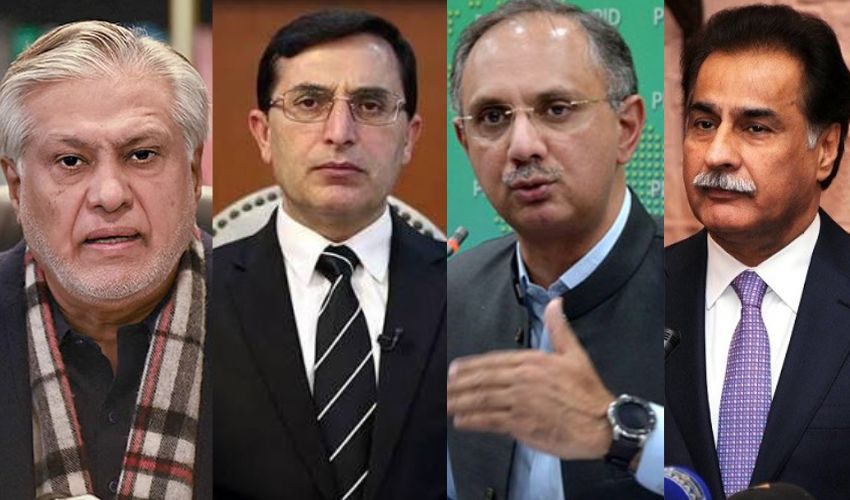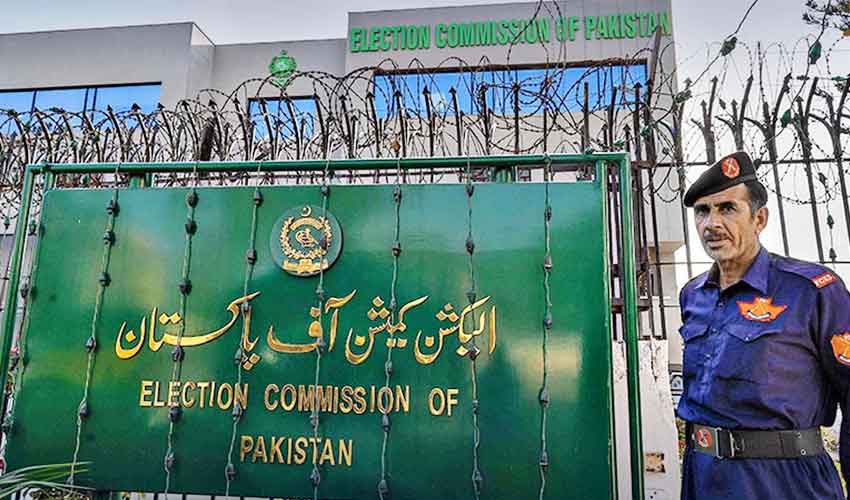In a recent wave of protests, an anti-Pakistan memorial complex in Bangladesh has been vandalized, sparking significant controversy and reactions on social media. Images of the damaged statues, which depicted Pakistani soldiers surrendering, have been widely shared, with claims that they were destroyed by Bangladeshi protesters.
Indian social media users have alleged that the statues, which symbolized the surrender of Pakistani forces, were targeted during the unrest. Congress Member of Parliament Shashi Tharoor expressed strong condemnation, labeling the act as anti-Indian and expressing his disappointment.
Mainstream Indian media has also reacted strongly, suggesting that pro-Pakistan elements have gained influence in Bangladesh. Tharoor referred to the incident as “anti-India vandalism,” further fueling the narrative.
Indian media and politicians are portraying this as a significant failure for Bangladesh, claiming it undermines the country’s liberation narrative. The recent protests in Dhaka saw several statues and large images of Sheikh Mujibur Rahman being toppled and defaced by demonstrators.
The perception of Sheikh Hasina as being pro-India has been a point of contention, leading to public backlash. Under the influence of India, Bangladesh’s Awami League has been accused of implementing extremist policies that have deprived citizens of their basic rights.
The destruction of statues and other sites related to Sheikh Mujibur Rahman indicates a growing rejection of India’s anti-Pakistan narrative within Bangladesh.



























